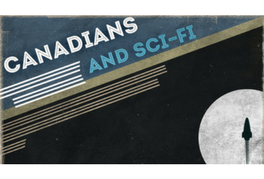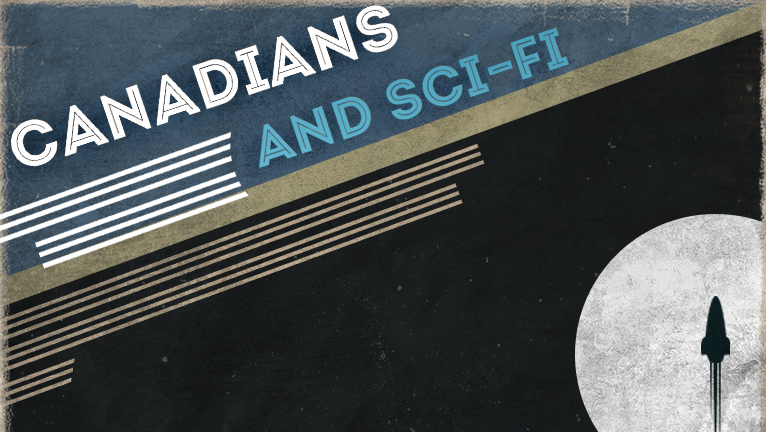
Lost Girl. Continuum. Ejecta. Supernatural. Resident Evil. Splice. Orphan Black. All of these internationally acclaimed contemporary feature films and television series have been produced in Canada, with primarily Canadian financing, Canadian crews, and shot on Canadian locations. And all of them trade in the genres of science fiction and fantasy, dark or otherwise. And while this Northern surge in the strange and fantastical may seem like some sort of new phenomenon, it’s most assuredly not. In fact the Canadian entertainment industry was virtually founded on arcane entertainment. This is due in part to it being a relatively young one and coming of age at a time when dystopian science fiction was becoming increasingly popular in America, Europe, and elsewhere. Canada simply rode known trends to enter their horses in the race. Attractive tax credits and a lower dollar also aid in the wave of producers setting up shop here and certainly, cities like Toronto and Vancouver are aesthetically anonymous enough that they can pass for a myriad international locations. But maybe there’s something else that makes sense about Canada and tales of weird wonder, mad science and future shock. Something cultural. Something in our blood.
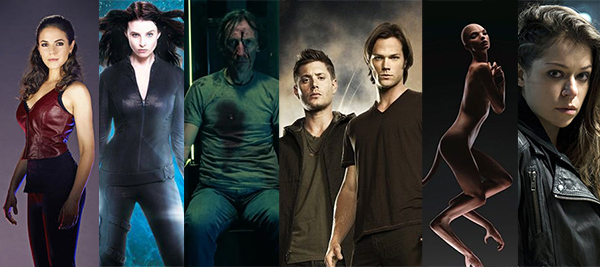
Dialing back the clock, the first commercial Canadian feature film was 1961’s 3D mind-bender The Mask (aka The Eyes of Hell), a psychodrama about a fantastically ornate skull mask that whisks its wearer away to another dimension. Unlike the sorts of mega-monster and alien invasion sci-fi films leaking out of American at the time, The Mask was comparatively a cerebral, daring work that tapped into complex psychological themes and was goosed by European-influenced surrealism. In fact, The Mask – and the evolving wave of Canadian sci-fi films – was more influenced by entertainment found on the small screen, like Rod Serling’s The Twilight Zone and later, The Outer Limits. That formula – that of the familiar, mixed with the intellectual and artful – became the backbone of Canadian sci-fi. From works like national broadcaster CBC’s mesmerizing adaption of Isaac Asimov’s The Ugly Little Boy (directed by The Fugitive‘s Barry Morse) through series like the abstract Strange Paradise and the Kubrickian The Starlost (which shared 2001: A Space Odyssey‘s star Keir Dullea) to the birth of David Cronenberg’s bio-terror science fiction films like Shivers, Rabid, and The Brood, the 1960s and 70s saw an almost avant-garde wave of sci-fi product that was internationally marketable and yet still intimate and unique to “us.”
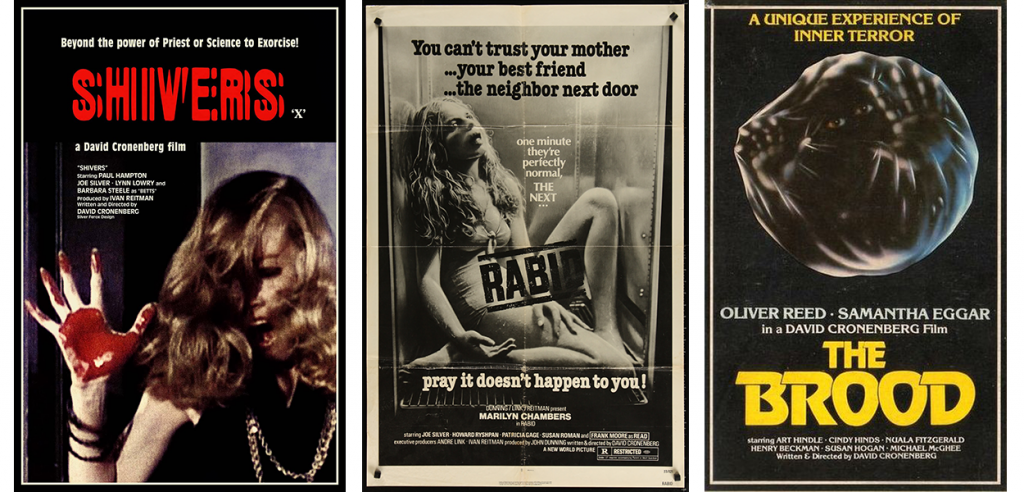
In fact, when writer Dan O’Bannon was asked about what his influences were for the screenplay for 1979’s Alien, he cited “Canadian sci-fi films”.
We feel like the other…
Creative language aside, the business of Canadian science fiction really found its footing in the 1990s, when landmark cult series The X-Files set up shop in Vancouver and never left, employing hundreds of union crew, noted Canadian character actors and rising stars for its weekly sojourns into the strange and unusual. With its often oppressive rain, chameleon-like city landscape, and arresting green space, it presented an ideal location and opened the floodgates for a myriad of programs to be lensed on the Canadian west coast. Supernatural followed suit, Bitten and most interestingly, Continuum, which has the distinction of actually being set in the city.
In Toronto, producer Don Carmody became the conduit to attract the Resident Evil film franchise, with the second to fifth films being shot primarily on our streets. Famously, Mila Jovovich runs down the side of an exploding city hall in the first sequel, and later, in the fifth picture, Yonge Street becomes an ever-morphing, zombie- and monster-soaked dreamscape ripped right out the primordial Freudian id. Y’know, kind of like it legitimately was in the grimy, glory days of the 1970s.
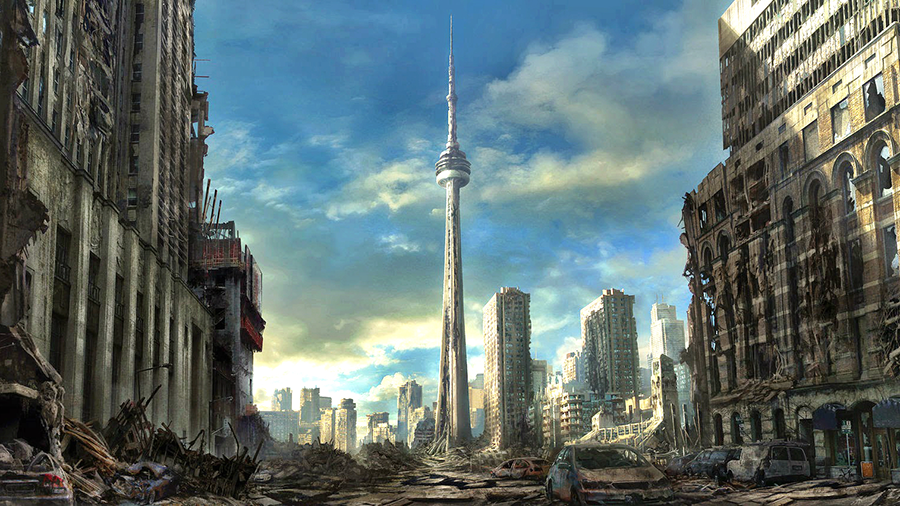
But perhaps most of all, Canada is the ideal place for the world’s darkest dreamers because we’re still in our comparative adolescence. We’re eager to please, like a twelve year old kid who still gets stars in our eyes at everything weird and wonderful. We’re not a cynical culture, not jaded. And ultimately, like the best sci-fi characters, we have a problem with our identity. We’re not sure who we are exactly, where we fit in. We feel a bit lost. In space. We’re a hospitable outpost on a strange planet, welcoming any and all visitors, still ripe with untapped terrain and ever-questing to belong. The perfect place for tales of fractured minds, bursting bodies, techno-terror, xenophobic menace, and dystopian unease to thrive (as an aside, let us not forget that it was a Canadian – Denis Villeneuve – who directed the recent blockbuster sci-fi sequel Blade Runner 2049). And outside of all of this, as the political and social climate south of our borders continues to spiral into volatile unease, Canadians’ anxieties will continue to swell with it. As every scholar of science fiction knows, it’s that very sort of observational anxiety about the world we live in that makes for the most palpable, fantastical, fictional parables.
Written for the Academy by Chris Alexander
Title graphic by Orest Kus

